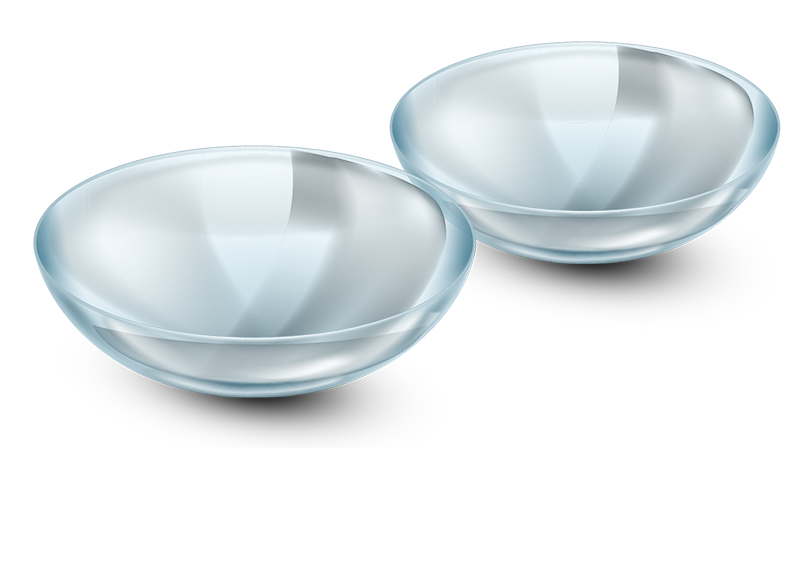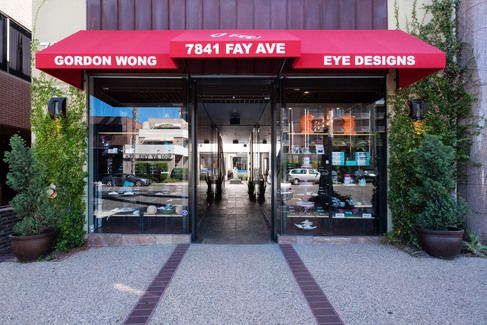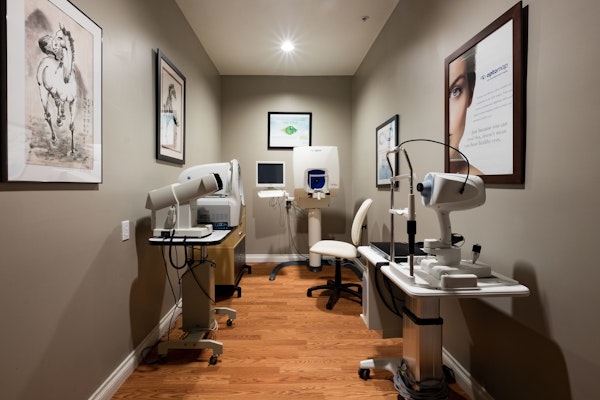Progressive Contact Lenses for Reading
 Some people don’t want to wear glasses yet would prefer to avoid laser eye surgery as well. In these cases, contact lenses are an ideal option for vision correction. Contacts come in different designs, and they are made from various kinds of materials for comfort and vision quality.
Some people don’t want to wear glasses yet would prefer to avoid laser eye surgery as well. In these cases, contact lenses are an ideal option for vision correction. Contacts come in different designs, and they are made from various kinds of materials for comfort and vision quality.
Many of our older patients in the La Jolla, CA area ask if contact lenses can help treat their presbyopia. The answer is yes, and the solution may involve multifocal contacts. The team at Gordon Wong Eye Designs & Optometry would like to consider progressive contact lenses below in a bit more detail.
Presbyopia and Bifocals
Presbyopia is an age-related form of farsightedness that starts to occur around middle age. It’s a natural part of getting older, and typically leads to difficulty reading small print. As presbyopia begins to happen, you may find yourself holding books or other kinds of reading material closer to your face.
To help address presbyopia, many people tend to get bifocals. This helps segment part of a lens for reading and near vision needs. There are bifocal glasses and contacts available, but now many people have been turning to to progressive lenses for their vision correction.
What Are Progressive Lenses?
With bifocals, there is a hard line between the distance vision and near vision portions of a lens. The two lens powers do not blend or merge.
With progressive lenses, there is no line. The upper portion of the lens is designed for distance needs, while the lower portion of the lens is designed for near vision, Between these parts of the lens, there is an intermediate section for objects in the middle distance.
How Progressive Contact Lenses Work
Progressive contact lenses work just like progressive lenses in glasses. Rather than just having two sense powers, there are now sections of the contact lens that are designed for distance, nearby objects, and intermediate vision. Contact wearers simply put on their contacts as normal and go about their day.
Are There Different Kinds of Progressive Contact Lenses?
Yes.
Progressive multifocal contact lenses come in both soft form as well as rigid gas permeable form. The soft lenses are made from silicone hydrogel to ensure the eyes are more comfortable, while rigid lenses are available to help with even clearer vision. There are even hybrid multifocal contacts, which merge the advantages of rigid and soft lenses.
Benefits of Progressive Contact Lenses
The benefits of progressive contact lenses include the following:
- No need for bifocal glasses or glasses with progressive lenses
- No need to nod your head to determine the right way to look at an object in the middle-distance
- No sudden jump in vision quality when looking at near and far objects
- Vision is comparable to prescription glasses
- Plenty of contact lens options to fit your needs
Are Progressive Contact Lenses Right for Me?
Progressive contact lenses could be ideal for you, but it’s a matter of preference for patients. Some patients are fine with the way progressive lenses affect their vision, while other patients feel that progressive contacts take time to get used to.
During a consultation at our practice, we can go over the pros and cons of multifocal contact lenses and figure out the right vision correction option for you. Rest assured that if progressive contacts aren’t ideal, there are many other options that can be beneficial to you. We’re here to offer insight on your eyesight.
Learn More About Progressive Lenses
For more information about progressive contact lenses and your many other options for enhancing your eyesight, be sure to contact our team of vision correction and eye care specialists. The team at Gordon Wong Eye Designs & Optometry is here to address your concerns. You can reach our La Jolla office by phone at (858) 454-4699 and our Del Mar office at (858) 755-9465.







